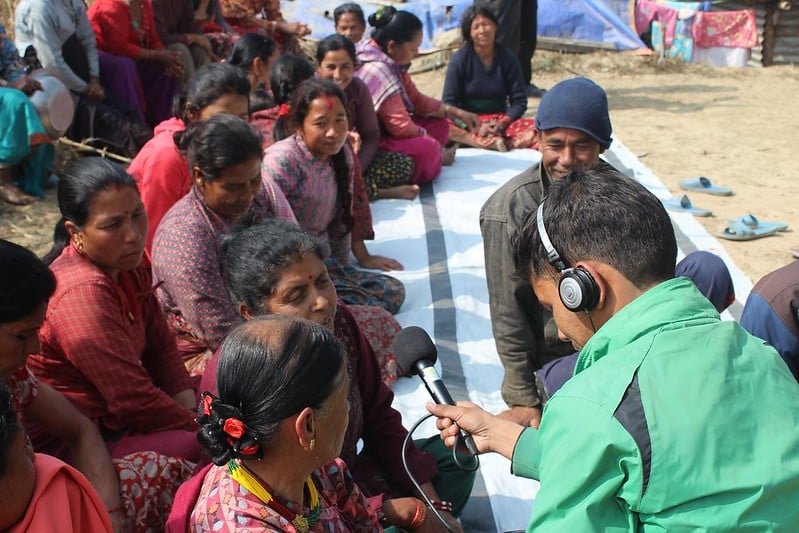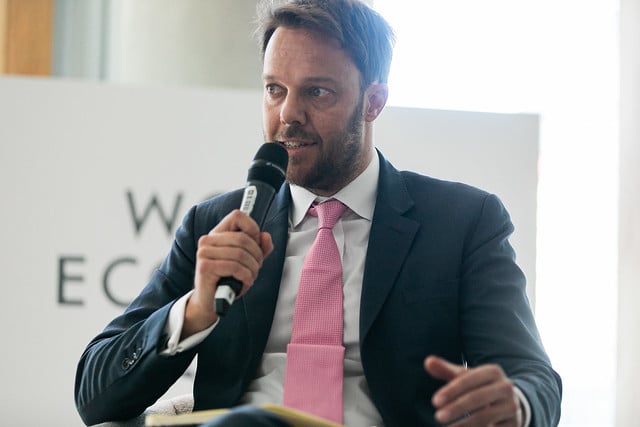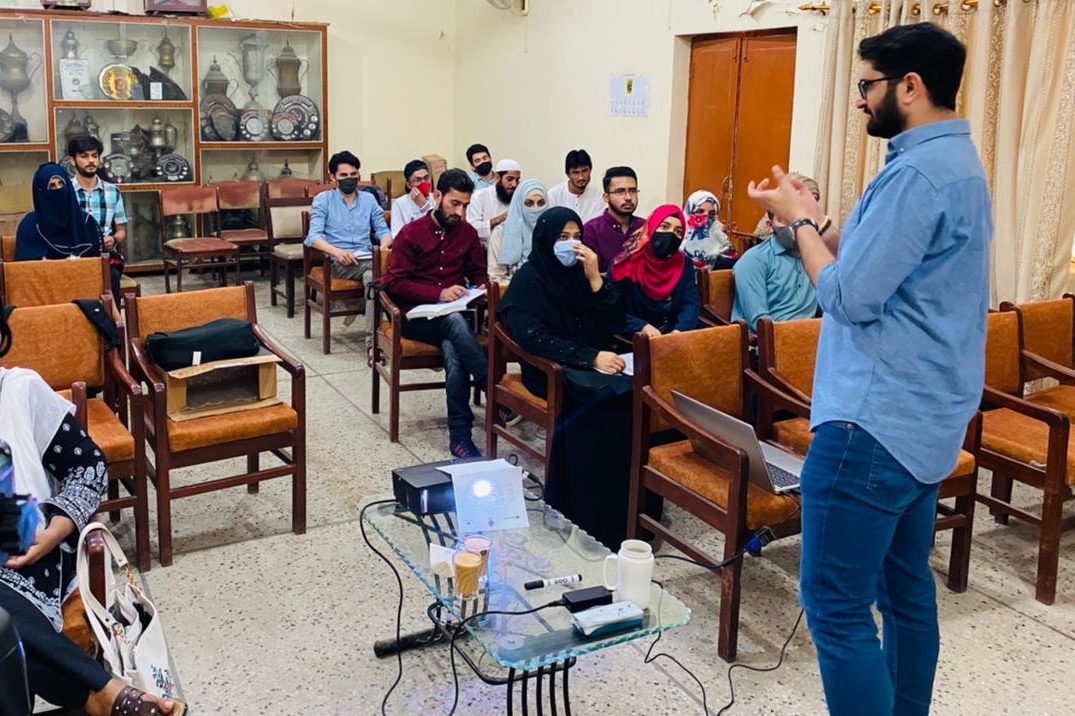Lessons in leading with empathy
Written by Suvechchha Chapagain Growing up, when I thought of the term leader or more precisely political leader, the image of a middle-aged man - above 45 years of age who is loud and authoritative and always surrounded by other young and middle-aged men - would involuntarily come to my mind. This is what my young, teenaged mind perceived as a must-have in a leader from news and television. Back then those men who didn't fit these criteria never appeared as a leader to me - and neither did the aspiring young females who embodied feminine traits. For me, leadership [...]










